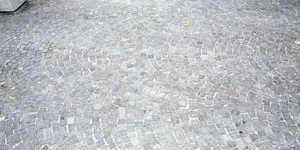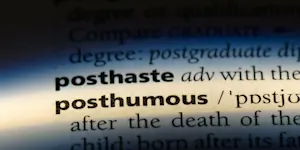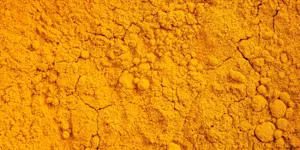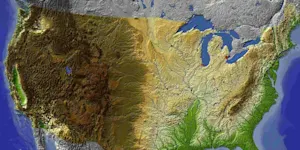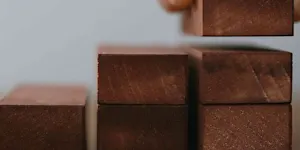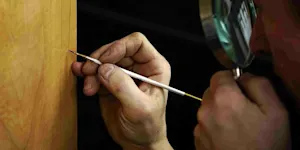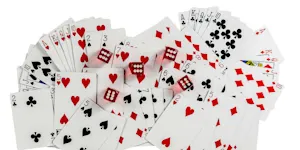What Makes This Word Tick
"Wreak" is a verb that's a little powerhouse, perfect for when you need to describe causing chaos or havoc. It's an action word often paired with items like "havoc" or "revenge," making it a staple in dramatic storytelling or news about unexpected and often unwelcome events.
If Wreak Were a Person…
Imagine Wreak as that mischievous neighbor who always has a scheme cooking—full of big ideas and not afraid to shake things up. It might pop over unannounced when the stormy skies roll in, bringing a wild tale and a touch of disorder.
How This Word Has Changed Over Time
Long ago, "wreak" was all about the idea of vengeance or inflicting a punishment. Over the centuries, it has softened a bit, now often pinned to chaos and confusion, such as when our carefully laid plans go slightly belly-up.
Old Sayings and Proverbs That Use Wreak
While not steeped in old proverbs directly, "wreak" echoes in the classic "wreak havoc," reminiscent of things not going as planned—echoes of wisdom in the calamity of life unfolding.
Surprising Facts About Wreak
Did you know that "wreak" has linguistic siblings in words like "wreck" and "wreckage"? They all share the same roots, though "wreak" sits firmly on the action side of that family reunion, always in motion rather than an outcome.
Out and About With This Word
From the quiet countryside towns prone to river overflow to bustling city streets with unexpected traffic snarls, "wreak" finds plenty of scenarios to make its presence known when things take a turn for the unpredictable.
Pop Culture Moments Where Wreak Was Used
"Wreak havoc" could be the unofficial subtitle of just about any disaster movie, where the hero's plans tangle with unforeseen circumstances, leaving viewers gripping their seats.
The Word in Literature
This word tends to pop up in thrillers and action-packed novels. It’s a favorite of authors crafting scenes where tension builds, and plans unravel—like a mystery weaving its way through a string of clues.
Moments in History with Wreak
At the Boston Tea Party in 1773, you might say the colonists "wreaked" havoc upon British plans with their unexpected protest, tipping tea into the harbor and brewing a storm of revolutionary activity.
This Word Around the World
In German, you might bring chaos with "Verwüstung," sharing the same sense of unleashing disorder as "wreak." Across cultures, the sentiment is easily understood, whether through words or gestures of exasperated chaos.
Where Does It Come From?
"Wreak" finds its roots in Old English "wrecan," meaning to drive out or avenge. It shares lineage with other vigorous verbs, all capturing that spirited essence of action and consequence.
How People Misuse This Word
"Wreak" is sometimes mistakenly used in place of "wreck," although "wreck" refers more to destruction than the act of causing it. "Wreak" sets the stage for the havoc; "wreck" is what comes after.
Words It’s Often Confused With
Wreck: As mentioned, "wreck" is more about the end result of destruction.
Wrought: Often confused due to phonetics but "wrought" leans into crafting or shaping.
Reek: An easy phonetic mix-up, though it hints at an entirely different sensory experience.
Additional Synonyms and Antonyms
Synonyms: Inflict, unleash, bring about
Antonyms: Prevent, calm, deter
Want to Try It Out in a Sentence?
"After reading the suspenseful novel, I was inspired to believe that even the calmest day could suddenly wreak a tempest of unforeseen events."


